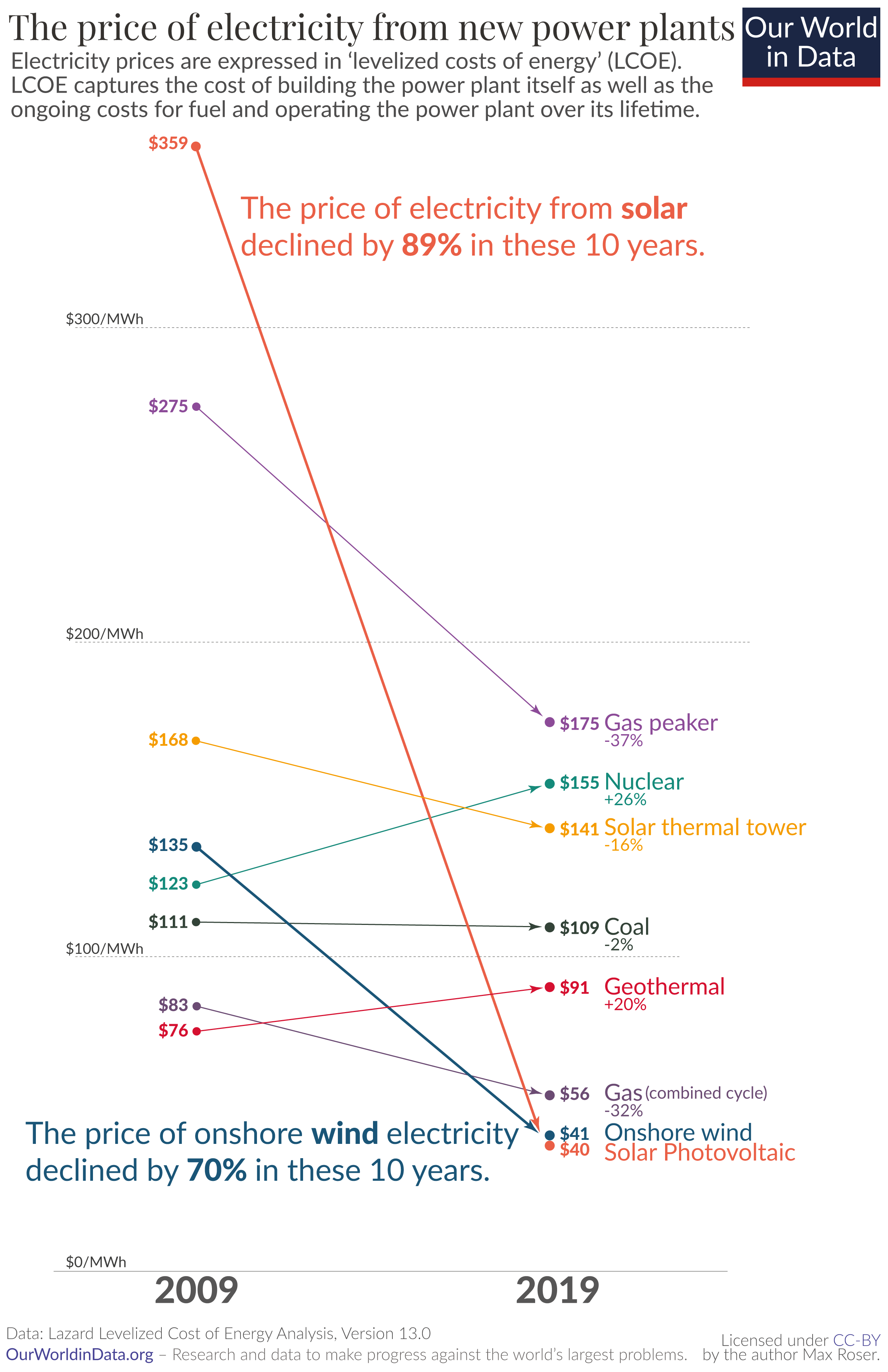
SLOVENIA GIVES MONEY AWAY
...An unlikely tale. The idea is to keep you hooked on their favoured fuel, which is best for neither the environment or your pocket. Here's some of the missing information.
The period to apply for your share of five
million euros was 22 working days from its publication on Dec 1 2023 to the
deadline on Jan 5 2024.
A time in which you might find yourself
otherwise occupied, rather than spending it picking through Ekosklad's
two spreadsheets and 48 pages of small print pdfs, and assembling the necessary
data to prove your entitlement.
This continues Slovenia's favourite hobby of
linguistic apartheid, as up to one in six of the population are
Non-Slovenian Mother Tonguers.
Are
these people serious? Not so much as it might appear from their impenetrable
paperchase.
The hurdles applicants face are helpfully
designed for those types of impoverished folk who have degrees in all of
physics, law, and accounting, own their own property and isolated heating
system, understand literary Slovene and energy jargon, and could, in 22 days and
shrinking (12 left as I write), obtain all the necessary paper proofs from other
Slovenians doing Christmas.
But if poverty is the concern, why does
there have to be a deadline at all? If they want to give five million away, what
will they do with the left over, shall we say 4.97 million, when the hungover
victims' time runs out?
This is a question no one will be able to answer. Slovenia has a deadline for everything - it's what separates the people who make the deadlines from those who have to meet them.
It's a way of saying "Look at all these marvellous rights we are giving you" but also keeping useful results to a minimum by saying "Sorry, you weren't quick enough."
Because even in the areas of incentivisation and
apparent generosity, there must be punishment.
As many poor Slovenians
are functionally illiterate and will be lucky to get any replies at all to their
enquiries even at non-festive times of the year, not many are going to make it
through the hoops. Five million euros divided by the maximum 18000 euro grant
amounts to 278 applicants.
The 22 working day deadline was not
immediately obvious from the
introductory page.
Incentives are biased towards the use of wood
pellets. Yet alternatives such as solar preheating of water to existing combi
boilers, and resistive heating, require no fuel. Only light.
But these rather straightforward and obvious choices for "the sunny side of the Alps" (and getting sunnier every year above the clouds of wood smoke) are a light Ekosklad cannot see. Neither qualify under this scheme.
Wood pellet boilers are large, clunky mechanical devices. Like all technology with mechanical parts, they go wrong a lot.
Storage is required, and all of this is disincentivising to users of existing oil, gas and electric heating systems.
Wood pellets are hygroscopic, as the industry is proud to announce on other days.
Bulk shipments of wood pellets can emit gases and spontaneously combust.
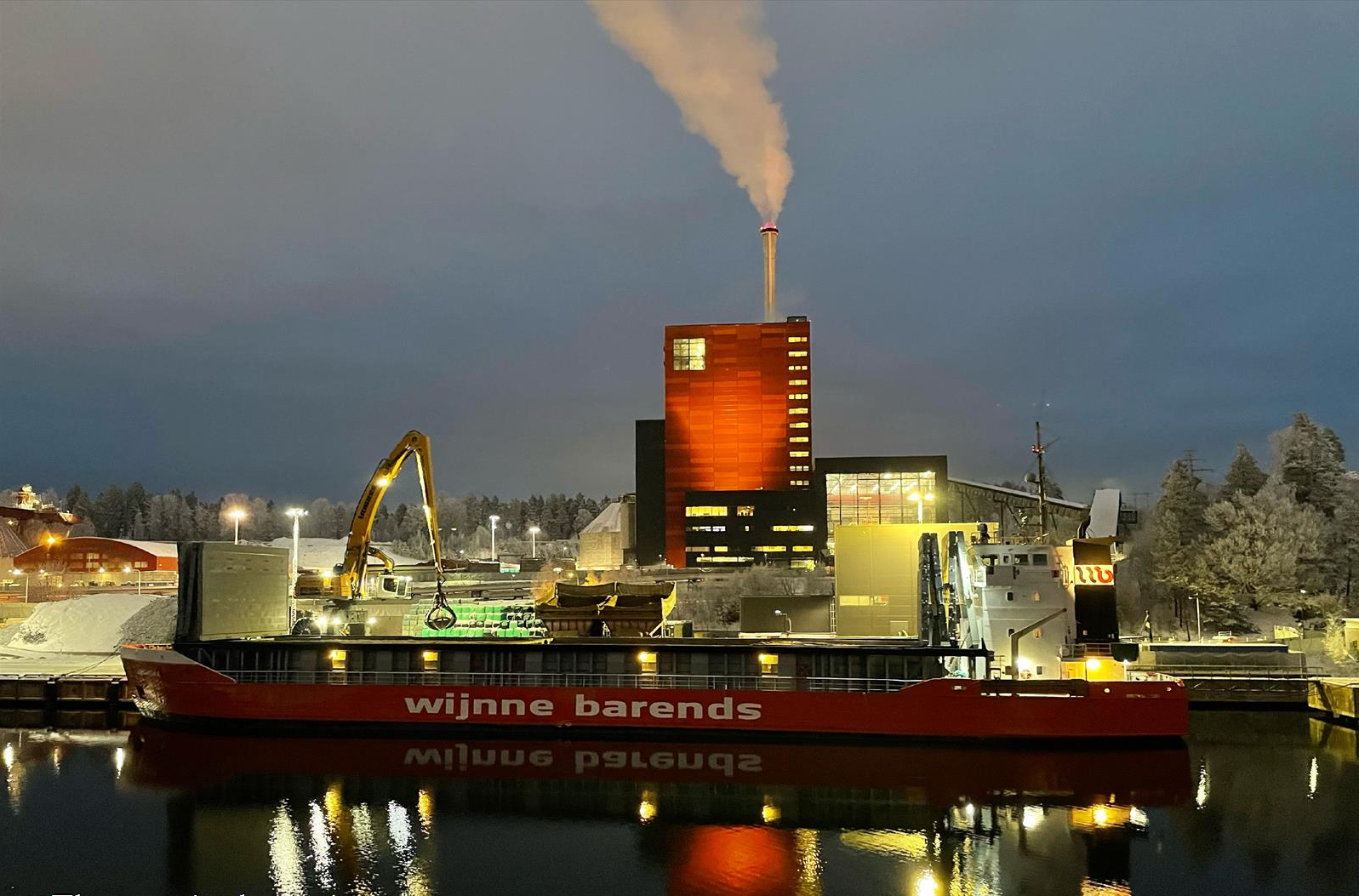
Conversion to wood pellets is a
major plumbing operation compared to solar preheating or resistive heating.
Compared to the alternatives above, wood pellets mean ongoing fuel costs.
The smart choices incur only occasional maintenance costs. But yes, it is less
sunny in the season formerly known as winter.
Making wood pellets
produces twice as much greenhouse gas as oil.
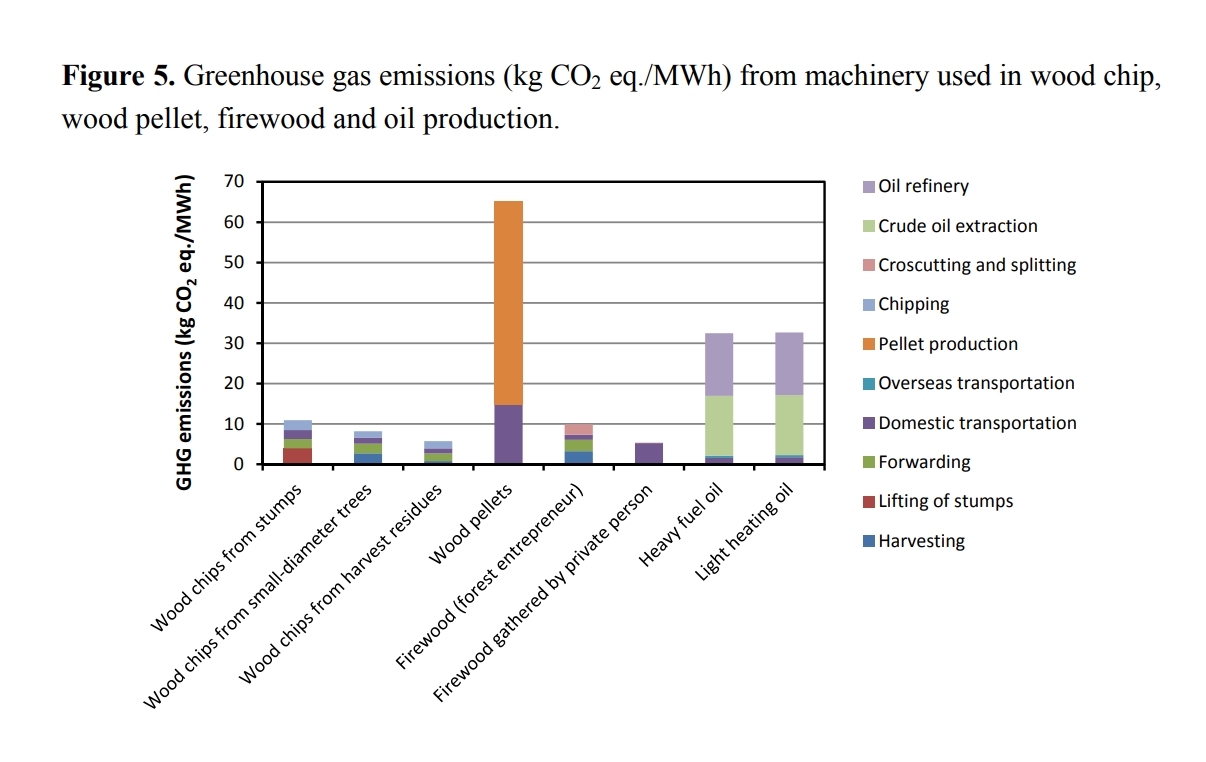
Wood pellets require significant amounts of
energy to dry and compress. Transport of raw material and finished products uses
more energy. Wood pellets are quite bulky and heavy. All the poor have cars,
though...
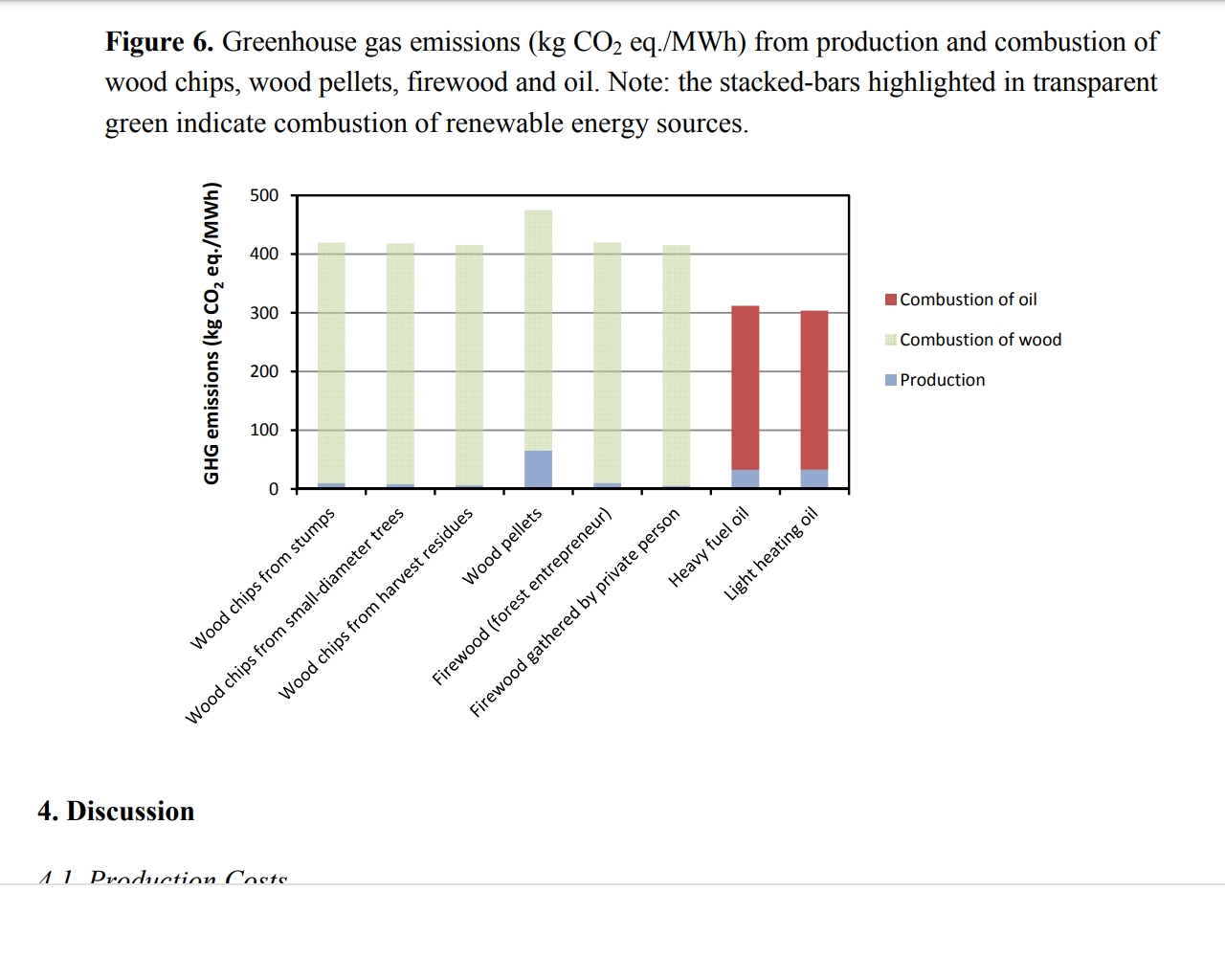
Renewable? Here we are really getting into the weeds. To put this "renewability" greenwash category to the test, can you grow a tree as quickly as you can burn it?
Or by making it into pellets, can you burn it more slowly than an identical replacement tree will grow?
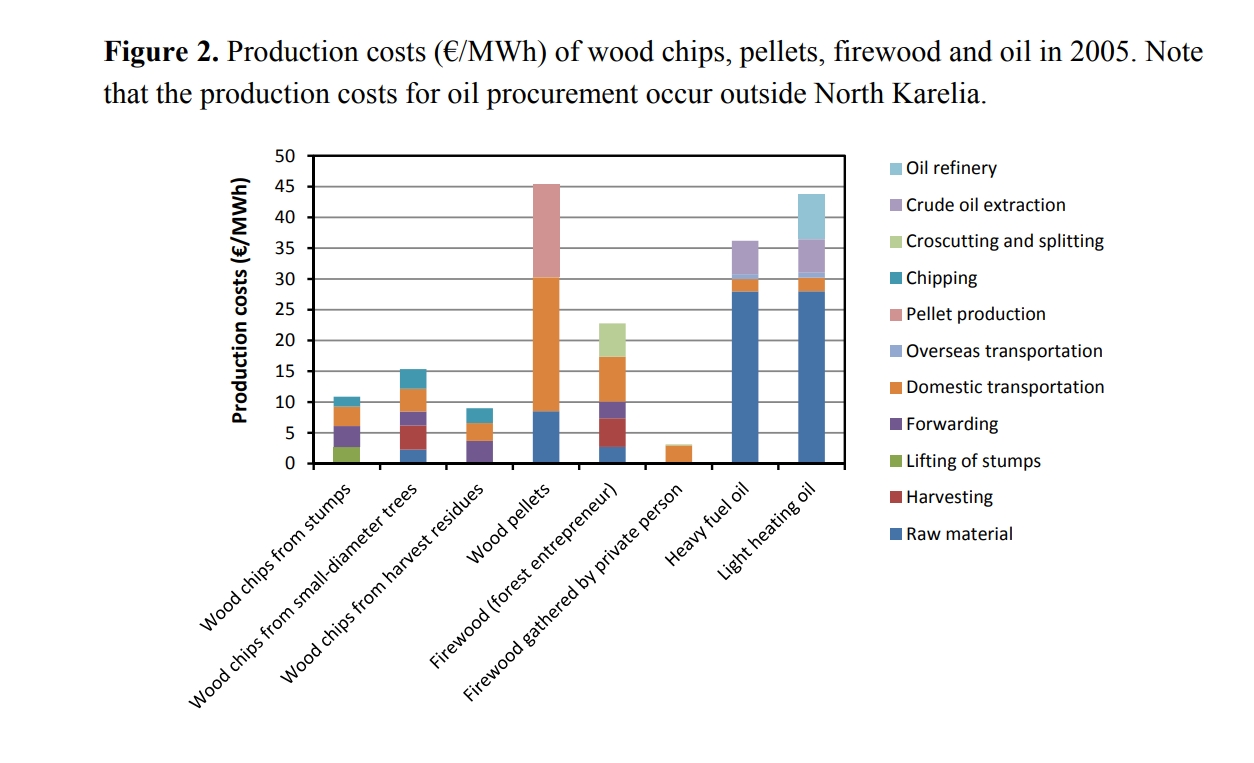
Slovenia has a lot of trees. But Slovenia does not have an infinite amount of
space to plant new trees. How much carbon sequestration is this war on
photosynthesis preventing?
Wood pellets have less than half the calorific value of natural gas or fuel oil.
Though lower in sulphur
than fossil fuels, biomass burning releases fluorine into the atmosphere.
The safe upper limit
for fluorine from all sources - air, water, food, drugs and dentifrices - is
0.05 to 0.07 mg/kg of body weight per day - an upper limit of 4.9 milligrams
per day for a 70 kg adult.
More recent research shows there is probably no safe amount. But you are never going to have an intake of zero.
And for sure no one is going to measure yours.
Airborne fluoride when respired is effectively
100% absorbed in the lungs. Airborne fluoride is a localised pollution phenomenon dependent on distance from
the source. More about airborne fluoride.
Fluorine is not the benign and beneficial thing you've been told.
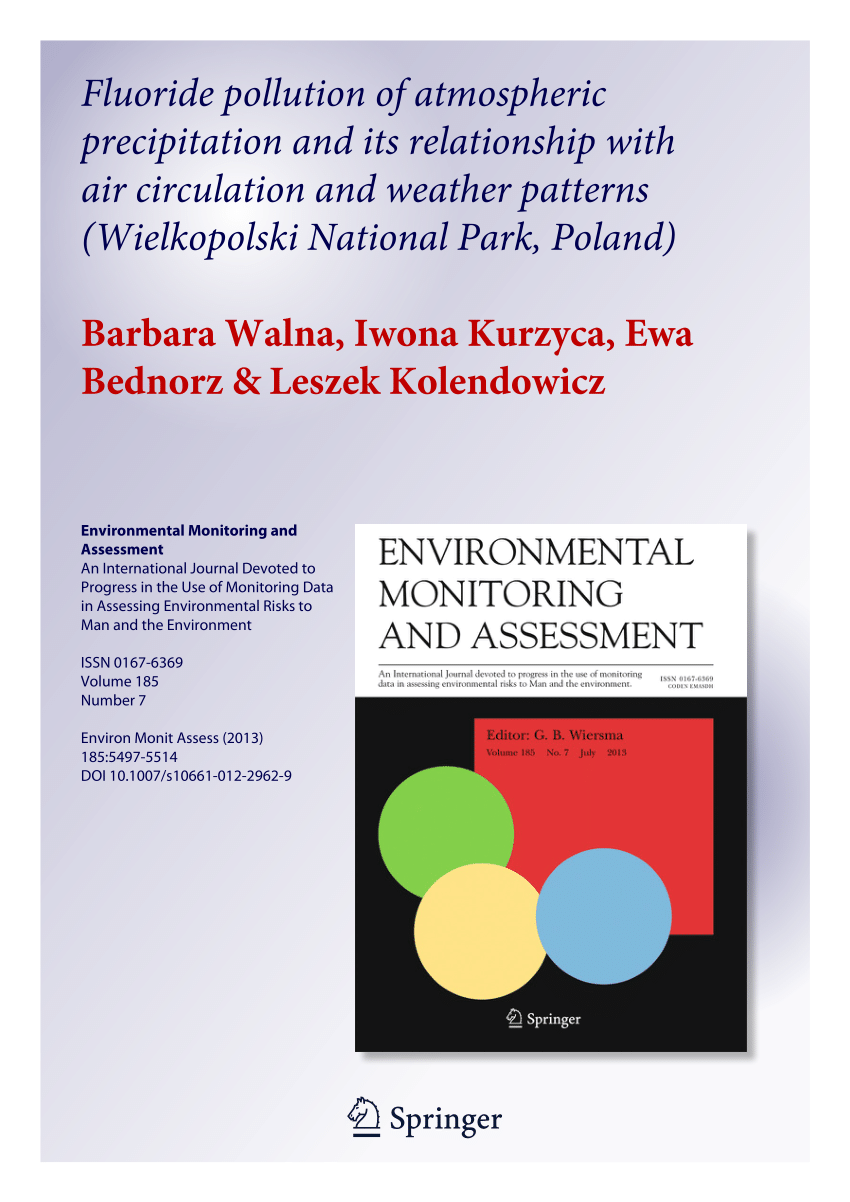
And yes, solar panel manufacture requires fluorine too. But it remains at the site of manufacture and is mostly recycled, rather than ending up in your back yard.
Fluorine is such a big problem industries have been paying people to buy it. And this is more of the same. Wood pellets are a capitalistic choice designed for the benefit of the logging and furniture industries - and plumbers (very hard to find in Slovenia).
Ekosklad has also assembled a coterie of favoured
consultants, to whom you must submit as a captive if you want to apply for these
grants.
Their fee will only be covered by the grant if your application is successful. This opens the door for exploitation and extortion, persistent themes in the Slovenian psyche. Poor people are always gambling though, and Ekosklad is here to help.
Wood pellets are more profitable to these concerns than making
chipboard or MDF, or installing solar PV for electric heating or pre-heating, as
they create an unnecessary revenue stream while disposing of wood waste.
Consumers will benefit less from this wood-industry bias than from solar
electric heating or pre-heating hot water. Water stores heat well and free solar
hot water is pretty easy to achieve.
With the energy tsars never shy of
coming up with more mad rules, the existing heating expenditure that you must
show to qualify for Ekosklad's prickly giveaway is 150 kilowatt hours per square
meter per year.
This discriminates against those who are too poor to afford this, and/or who are already careful with their bills.
This rule therefore favours the extravagant,
contrary to its claimed aim of tackling energy poverty.
It is not clear
how multi-use fuels will be divided into heating and hot water (for gas or oil)
or heating and everything else (electricity). Presumably this is at the whim of
the compulsory consultant.
Anyone with common sense can see this is a
business friendly, not an environmentally friendly scheme. Unless you own a wood
pellet factory or ancilliary firm, there are better ways to improve your bottom
line.
To prevent this happening, Slovenia does not even
allow customers with solar to sell more energy to the grid than they use.
Instead they are boondoggled and expected to rely on the "experts" - and
given no choice in the matter anyway, being expected to approach
on their knees.
Physics and accountancy are complicated. But paying you for your solar, wind, or water generative capacity is not "complicated" - they just don't want to shrink their monopoly.
The scheme does not have much to offer those who
are burning wood pellets already, even if they spend enough doing so.
What kind of planet-saving plan is this?
One that resembles in its
philosophy the recent waste of 1.5 billion euros on carbon capture at Velenje's
coal-fired plant - a pork-barrel project mired in corruption and
narrow-mindedness, and dead in the water before it was even finished.
Even if it worked and they had somewhere to store the resulting gloop, 80% of
the coal would have to come from places like Indonesia as Slovenia's lignite is
rubbish, and too dirty to burn alone. This has barely been mentioned throughout
the TEŠ6 saga.


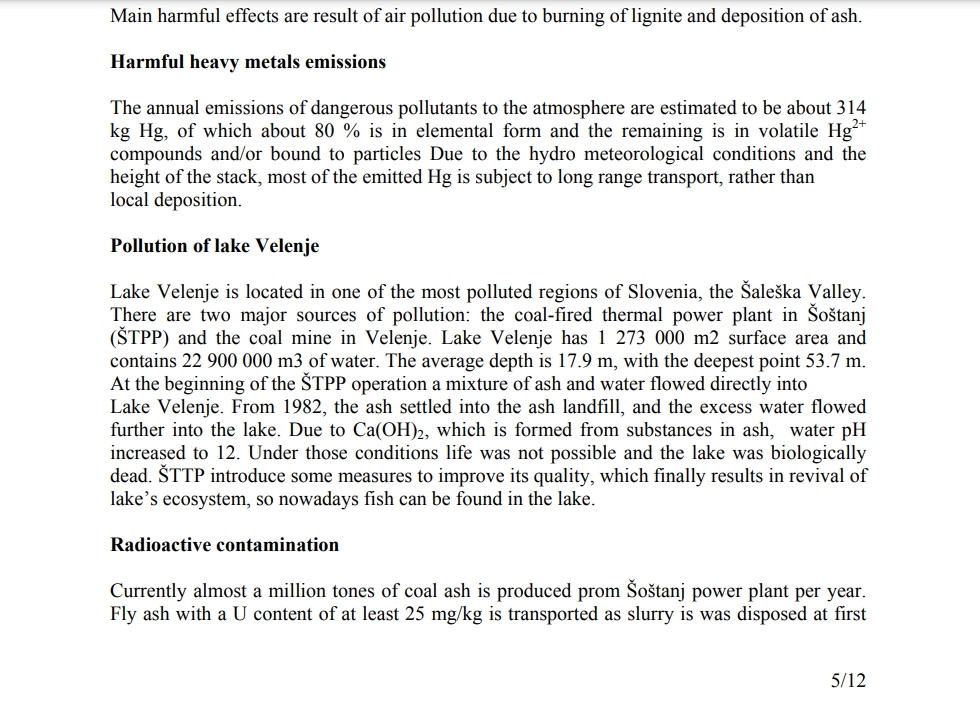
Ekosklad admits these grants are funded by the rather stupid and pointless
carbon trading market.
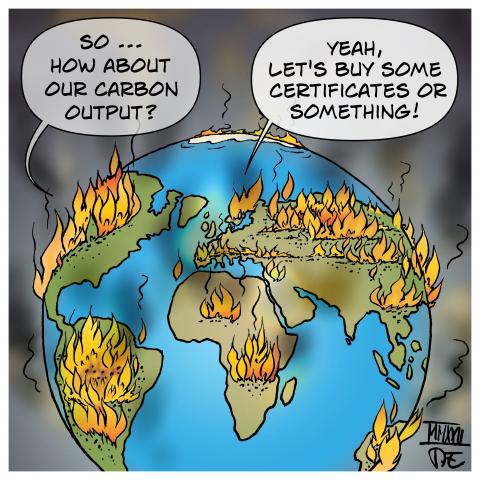
All in all, Ekosklad is giving with one hand
so that many not so distantly related businesses will be taking from you with
their other numerous hands. And it's not even any good.
Slovenia is a former communist country which aspires to be western. Actual westerners are amazed when they realise the population has no concept of supply and demand.
The relevance of this lacuna in the typical resident's acquaintance with elementary economics is how it relates to feed-in tariffs.
So what is it they don't know?
More supply + the same demand = cheaper stuff.
Without cartels. This is why Slovenia's army of complication-makers have rigged the market so that you cannot make even one cent by generating more than you use.
Why not? Which citizens are more equal than the others?
Somehow the wood dust industry has worked out that in a market saturated with chipboard, particleboard and medium density fibreboard, prices will collapse...because of the law of supply and demand!
Besides the other reasons to avoid them. Wood waste from manufacture of these products may differ from virgin wood waste. Corporate opinions vary on whether pellets contain chemical binders.
They would rather give you grants - if you can beat the bureaucracy and deadlines - to make you dependent on the national sawdust mountain.
Instead of which they could use their largesse to beef up the grid and storage network, so that anyone with the wherewithal can help to solve the baseload problem.
The need for baseload generative capacity will not disappear, nor will economies of scale. But these issues will not be solved by burning biomass either.
Or by turning energy bills into a game no one can fathom.
The new network charges borrow a trick from telephony billing systems. From their huge data, call companies always know in advance how many customers will go over an agreed limit. So they know where they can sit that limit, using Gaussian distribution.
The difference with energy is that not spending enough time on the phone is unlikely to result in illness, or death from hypothermia. Telephone use is not spectacularly increased by cold weather. Such a framework is therefore entirely inappropriate and sadistic when applied to energy use.
And they will say anything: here's the Energy Agency stating that a kilowatt hour over the agreed limit will cost €8, while declaring that the average cost overall will fall by 5%.
Do you think they will be legally liable if this turns out not to be true? Could you prove it to the industry's pet agency, a few years down the line?
The Agency themselves could not unravel their own previous legal gas law mess (with one tariff, not ten), so of course not.
